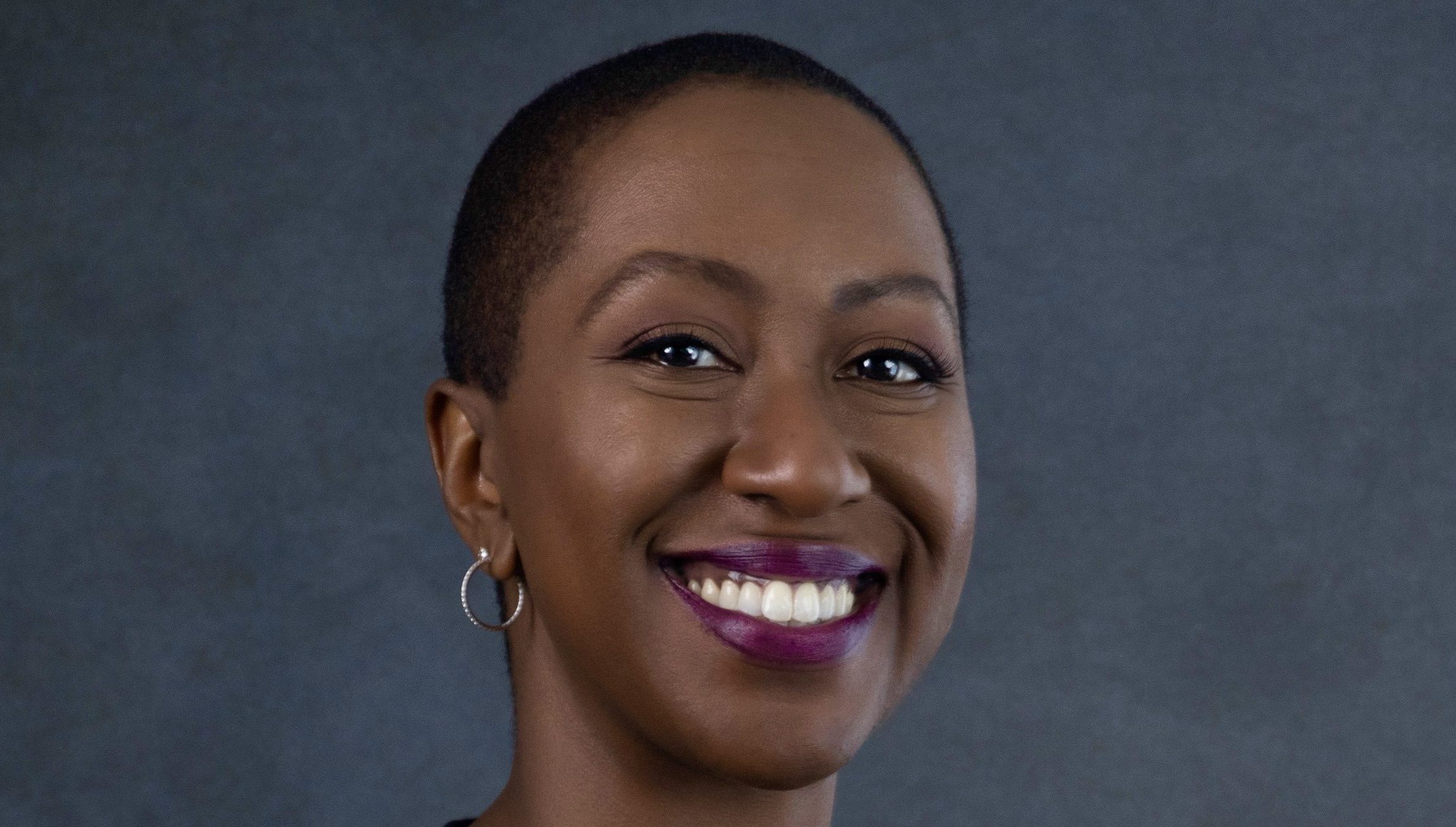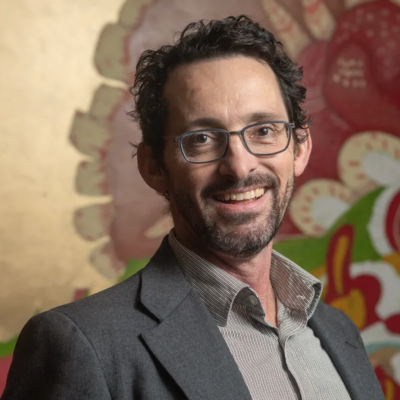After reading a book in graduate school that discussed how enslaved women sold goods in South Carolina and Barbados, Justene Hill Edwards became fascinated by the economy of the enslaved. In the American South, slaves engaged in their own economic enterprises, buying and selling goods and earning wages for their work. What started off as Hill Edwards’ dissertation evolved over the next 12 years into her first book, Unfree Markets: The Slaves’ Economy and the Rise of Capitalism in South Carolina.
“As I transitioned out of grad school into being a professor, the question of capitalism kept coming up, especially among historians of slavery, and I saw that there was a way for me to speak to this literature on the rise of American capitalism perhaps in a different way, focusing on the experiences of the enslaved,” says Hill Edwards, a UVA assistant professor and scholar of African American history.
Records of enslaved men and women participating in the market appeared in legal and legislative documents, account books of slaveholders, and first-person narratives from runaway slaves. Based on this archival research, Unfree Markets examines the ways in which enslaved people engaged with the economy—and how slaveholders were able to capitalize on these ventures by allowing them to happen.
Hill Edwards’ book focuses on South Carolina, but she says there is evidence that Virginia’s enslaved men and women also took part in the same kinds of economic enterprises. Between 1820 and 1860, enslaved laborers traded with students at UVA and made money doing “odd jobs” for students and faculty, Hill Edwards says.
Hill Edwards hopes to challenge readers’ understanding of the relationship between freedom and capitalism, and make them think about how capitalism affects their own lives and society.

“Especially in the American context, we often think that democracy and capitalism and freedom kind of go together necessarily, but if we look at those topics through the lens, through the experiences of the enslaved, I think that we get a different understanding of what that relationship was,” she says.
Justene Hill Edwards discusses her work at Lives of the Unfree: Activism and Survival, along with Vanessa M. Holden (Surviving Southampton: African American Women and Resistance in Nat Turner’s Community) at UVA Bookstore on March 16 at 4pm.






